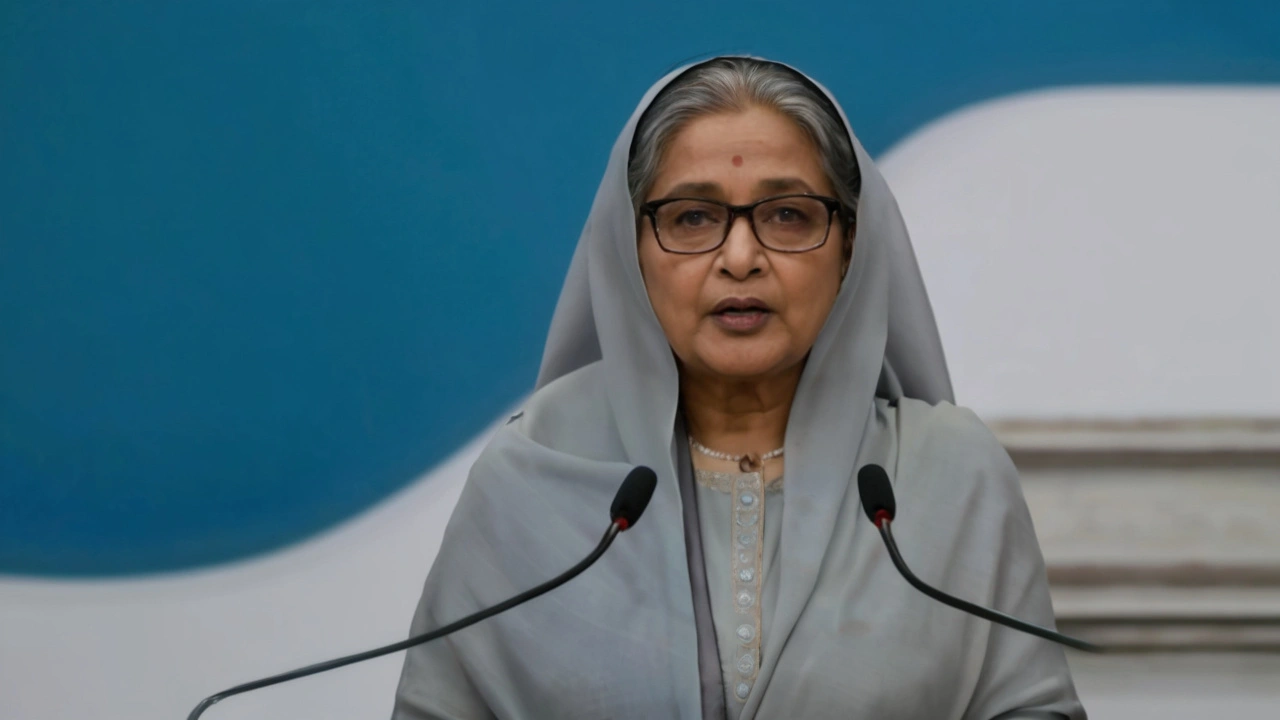Ever wondered what happens when there's a sudden change in power or a country can't hold elections right away? That's where an interim government steps in. Simply put, an interim government is a temporary setup that manages a country's affairs until a new, permanent government can take over. It's like the emergency crew keeping everything running smoothly during a power shift or crisis.
This type of government usually appears in unusual or unstable times—after a resignation, a coup, or when elections get delayed. It's meant to keep services working and maintain law and order without making big, long-term decisions. Think of it like the pit stop in a race: quick and focused on stability so the main action can continue later without crashes.
Interim governments pop up for a few reasons. Sometimes a leader steps down abruptly, or a political crisis means the usual government can't do its job. Other times, they're set up deliberately after a conflict or revolution while a nation figures out how to build a new system. For example, after some elections are postponed or contested, an interim government will hold the fort and organize the next steps.
But why not just call for elections immediately? Because organizing fair and safe elections takes time and stability. Rushing without a steady hand can lead to chaos. Interim governments hold the middle ground to avoid power vacuums that might lead to unrest or opportunistic grabs by factions.
Interim governments usually stick to the basics. They manage the day-to-day running of the state—keeping public services, security, and the economy on track. But they often avoid controversial laws or big policy changes since their main job is to be a neutral bridge to the next permanent government. They're typically made up of trusted figures agreed upon by key political groups or international bodies.
Of course, not every interim government works perfectly. Sometimes they can get stuck in power struggles or lack legitimacy. That’s why transparency and clear timelines for elections or transfers of power are crucial. A good interim government helps calm nerves, rebuild trust, and set the stage for a fresh start.
So next time you hear about an interim government in the news, remember it’s not just a political buzzword—it’s a critical step in a country’s journey through change, keeping things steady till a new chapter begins.
